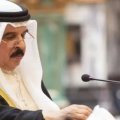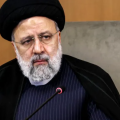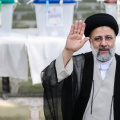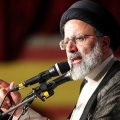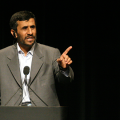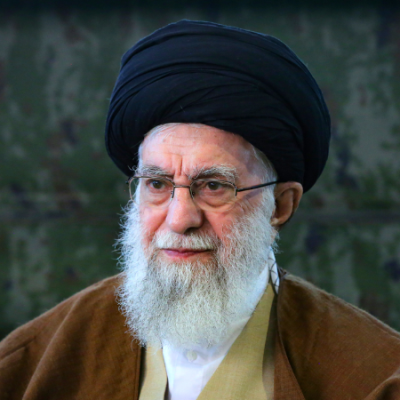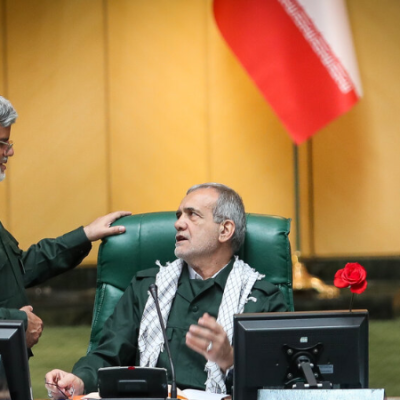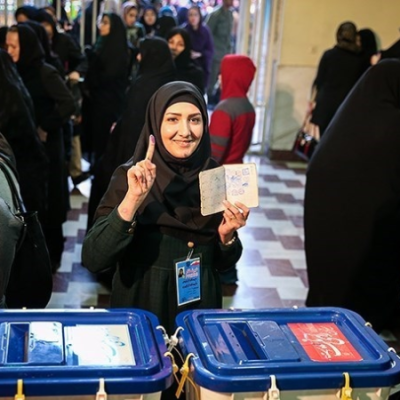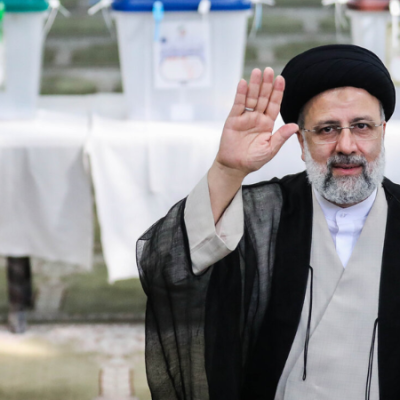The Future of Iran’s Nuclear Force: A Possibility or a Pandora’s Box?
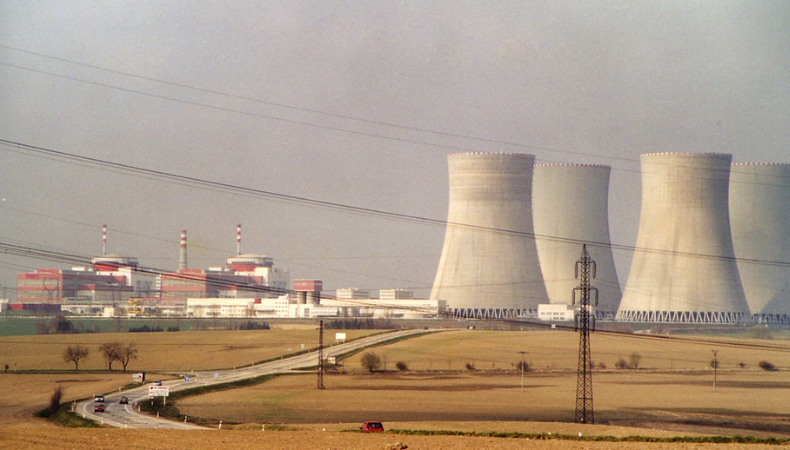
Iran’s nuclear programme has sparked international strife for decades. Formally referred to as the Joint Comprehensive Plan of Action (JCPOA), the 2015 Iran nuclear accord aimed to lower Iran’s nuclear ambitions in return for sanctions removal. However, the US breaking off from the accord in 2018 cast questions on it. This article explores the likely future of Iran’s nuclear program coupled with the dangers of a nuclear-armed Iran and the hope of a resurrected accord.
Resuming the JCPOA: a Path to Stability?
Revival of the JCPOA proponents argues that it is still the best option accessible to prevent Iran from gaining nuclear weapons. The pact tightly limited Iran’s uranium enrichment and stockpiles, so monitoring her program outside. A return to the JCPOA would see Iran lowering its nuclear activity as the US and other foreign governments relax sanctions, therefore supporting Iran’s failing economy.
Still, there are some serious challenges. Since the US withdrew, Iran has dramatically accelerated its nuclear program, enriching uranium to almost weapon-grade levels. Negotiating a revitalized agreement will most likely call for both side concessions. While Western nations may try to add restrictions outside the original JCPOA sunset clauses, Iran could want guarantees that the US won’t pull out of the agreement once more.
A nuclear Iran endangering regional security?
Critics of a resurrected accord warn that nuclear-armed Iran would gravely jeopardize regional security. Countries like Saudi Arabia, who might be pursuing their own nuclear programs, argue that Iran’s search for nuclear weapons could start a Middle Eastern nuclear arms race. Furthermore empowering its support of proxy militias all around would be a nuclear Iran, therefore destabilizing a possibly explosive area.
A nuclear arms race has terrible potential. The world community cannot ignore the potential of miscalculation or unintended escalation starting a disastrous war.
The future calls either diplomacy or deterrence.
Unknown is Iran’s future trajectory of nuclear development. The path ahead relies on a complex mix of diplomacy, deterrence, domestic politics in the US and Iran.
Renewed global negotiations aimed at either crafting a new agreement offer or rejuvenating the JCPOA, therefore offering the best chance of a peaceful resolution.
Still extremely essential is keeping a strong worldwide alliance committed to prevent Iran from acquiring nuclear weapons.
Keep Reading
Negotiations may be hampered inside both the US and Iranian governments by internal factors.
Common ground will necessitate that everyone commit themselves to provide regional security and stability first importance.
Going forward, the path of Iran’s nuclear program is a vital issue with general consequences. Encouragement of diplomacy and deterrent as the cornerstones of a peaceful settlement, the world community must exert great effort to stop an armed Iran nuclear-wise.

